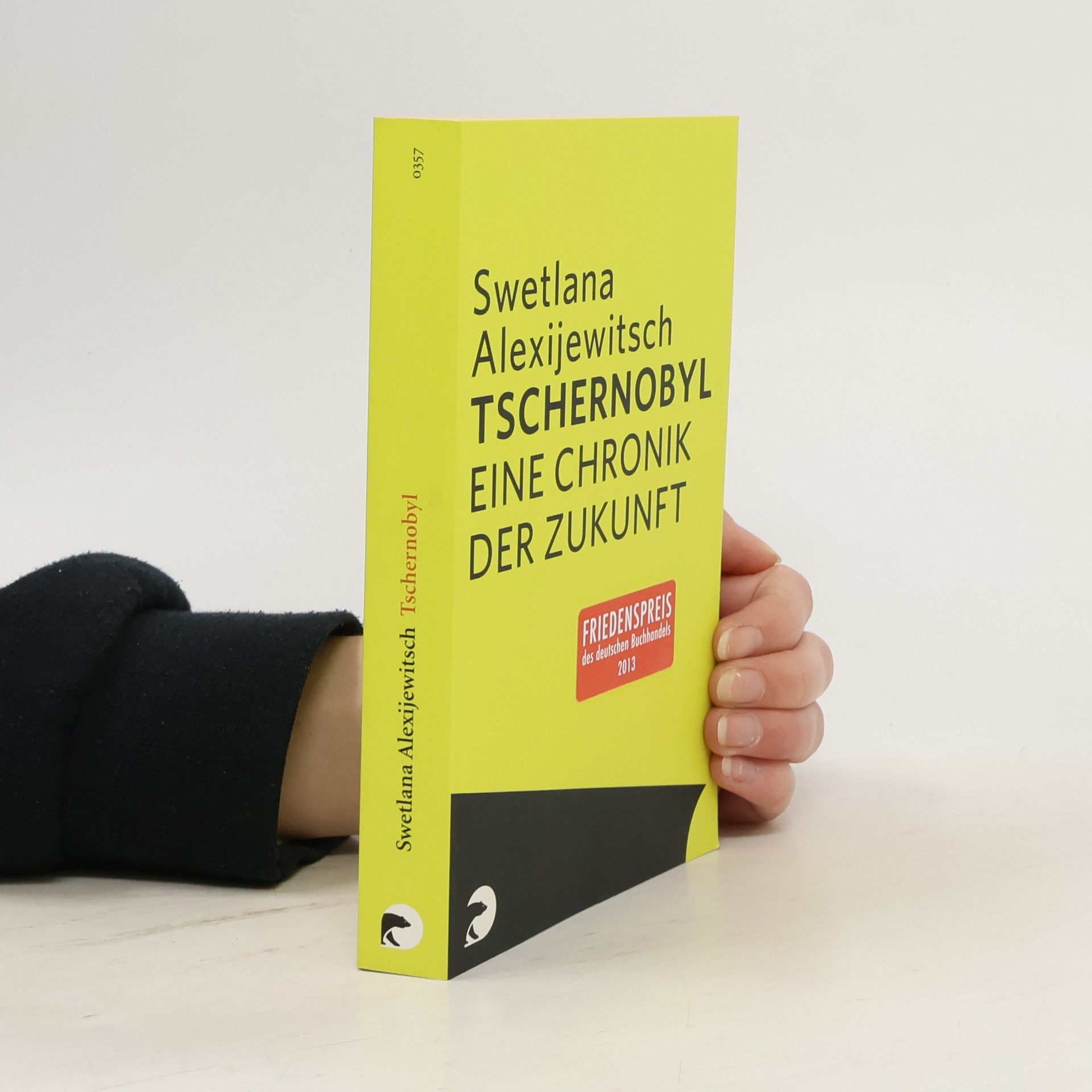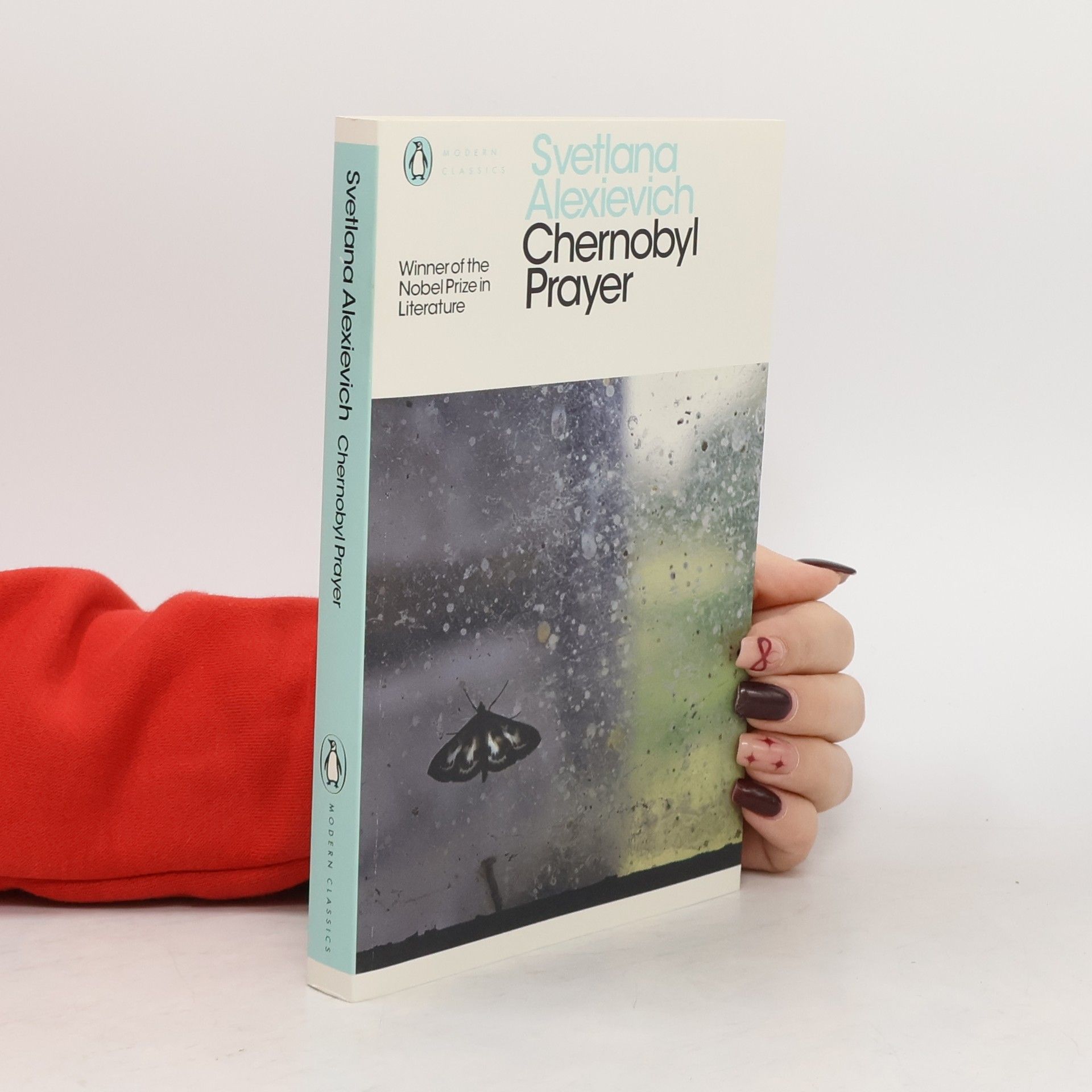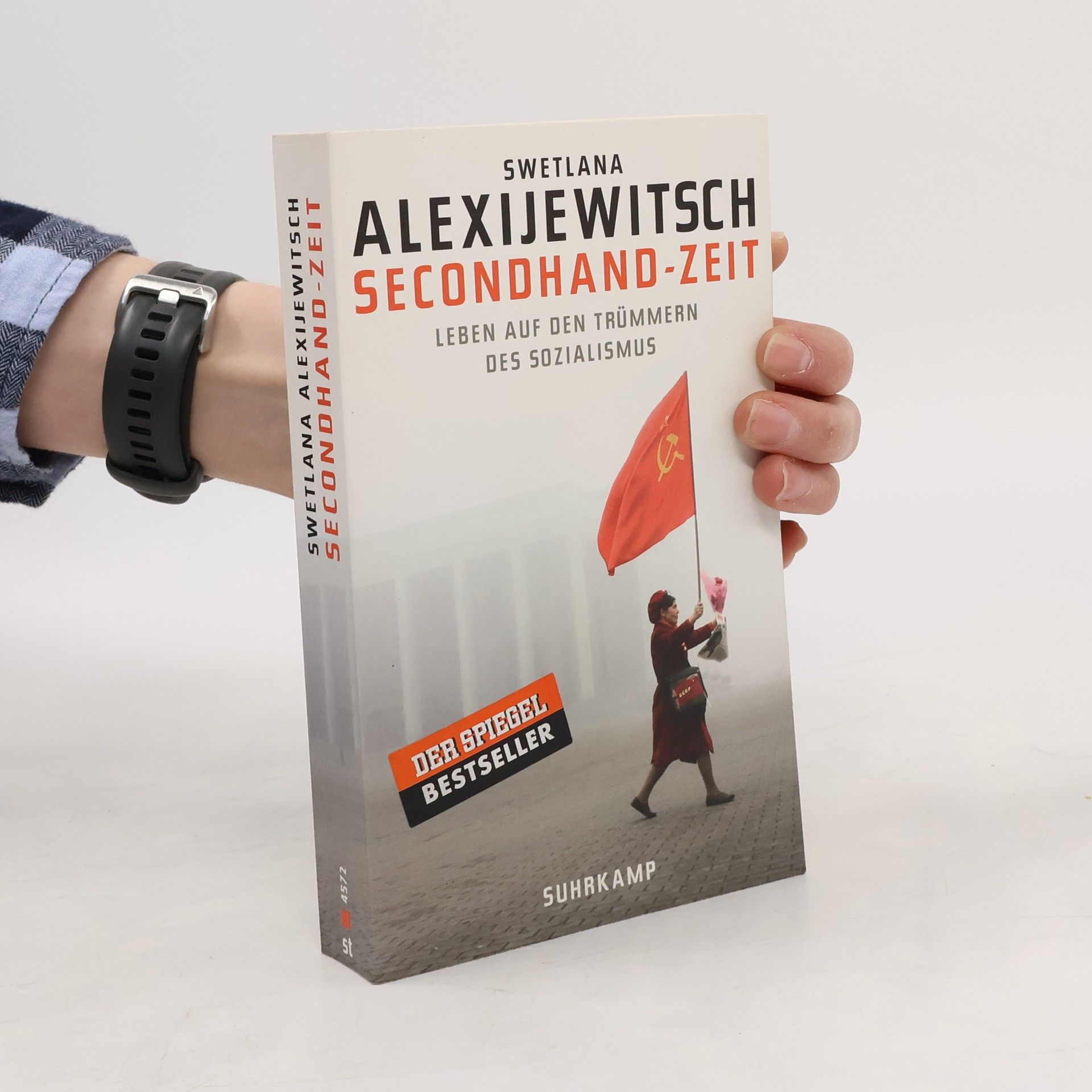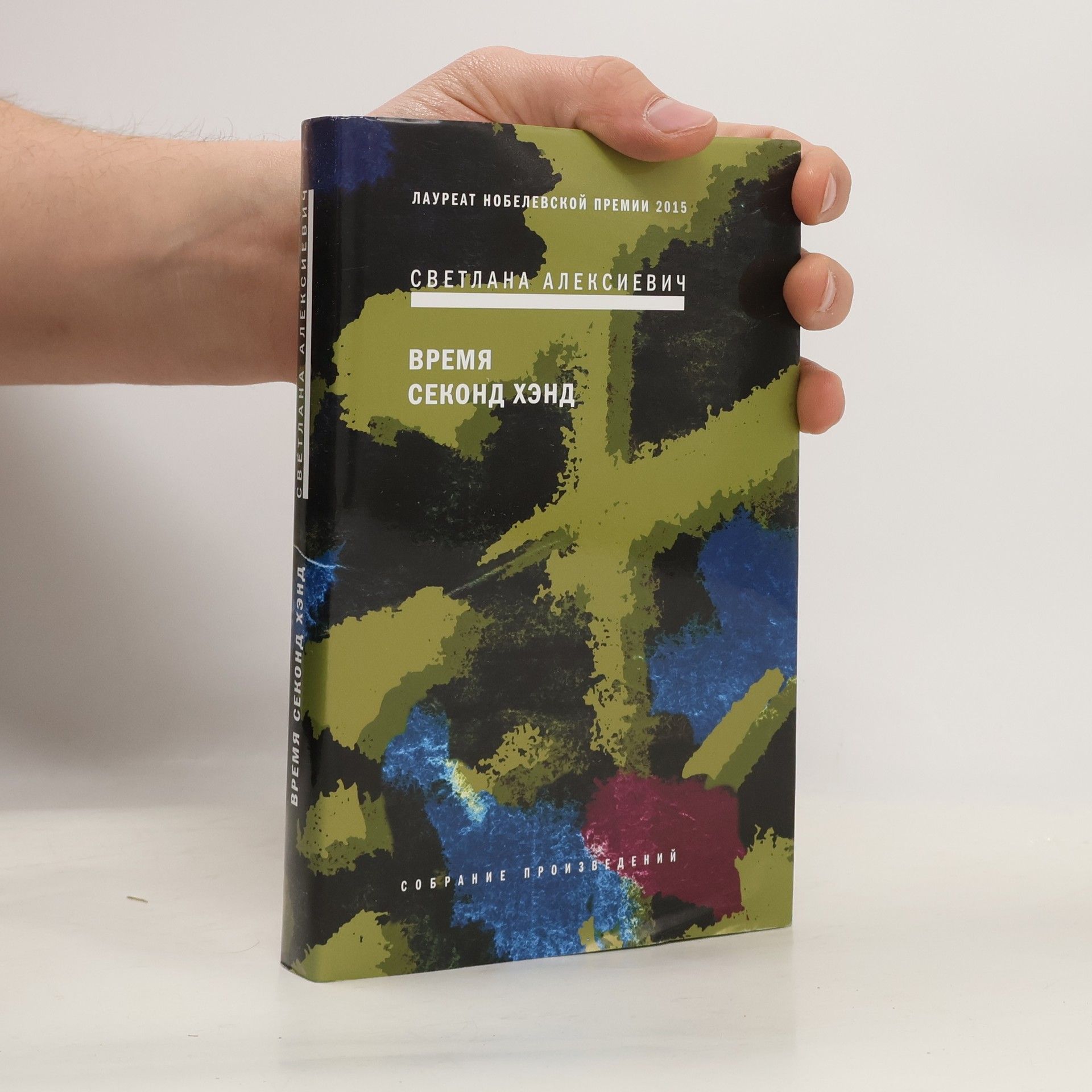Der Krieg hat kein weibliches Gesicht
- 359 Seiten
- 13 Lesestunden
„Ganze Züge voller Frauen gingen an die Front“, erinnert sich eine ehemalige Rotarmistin im Gespräch mit Swetlana Alexijewitsch. „Es waren nicht mehr genug Männer da. Sie waren gefallen. Lagen unter der Erde oder waren in Gefangenschaft.“ Die Frauen waren „bereit, für die Heimat zu sterben. So waren wir erzogen.“ Sie waren nicht nur Ärztinnen und Krankenschwestern, sondern auch Fliegerinnen, weibliche Scharfschützen und Panzersoldaten. Und sie waren jung: „Ich war noch so klein, als ich an die Front ging“, erzählt eine ehemalige Scharfschützin, „dass ich im Krieg noch gewachsen bin.“ Und sie waren für ihr Leben traumatisiert. Sie erzählen der Autorin vom Tod und vom Töten, von Blut, Dreck und Läusen, von Kriegsverbrechen, von Verwundungen, Schmerzen, Hunger und miserabler Ausrüstung – und wie man sie vergessen hat, als es nach dem Krieg darum ging, die „Helden“ zu feiern. Das erschütternde Dokument einer ausgeblendeten Seite des Zweiten Weltkriegs: Rund eine Million Frauen haben in der Roten Armee gekämpft. Swetlana Alexijewitsch lässt sie zu Wort kommen.








